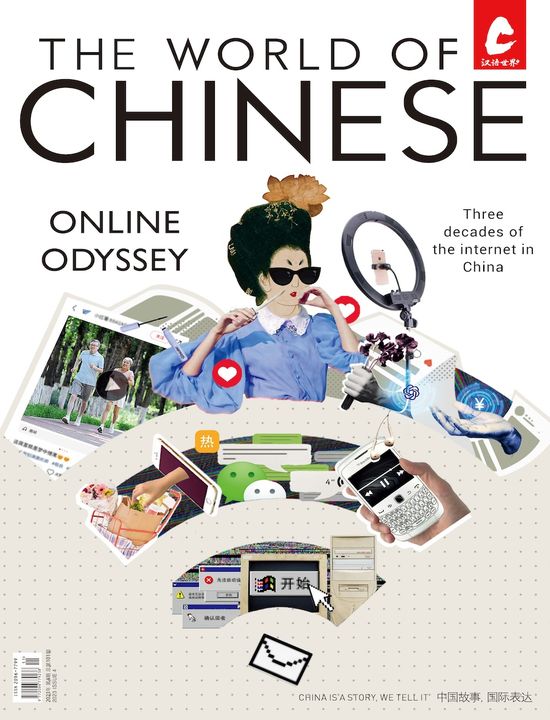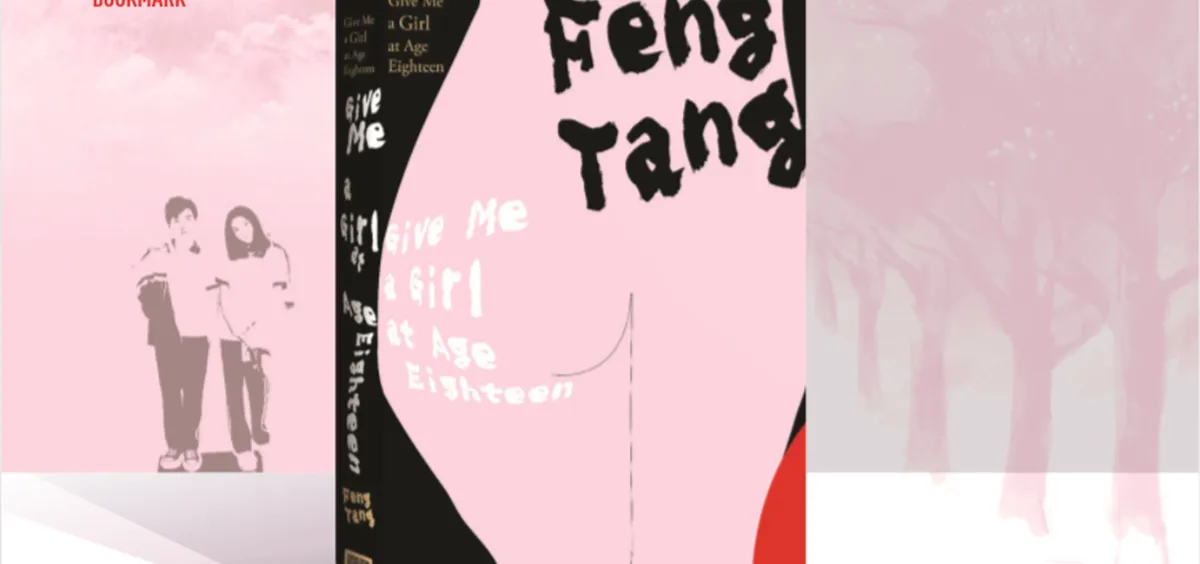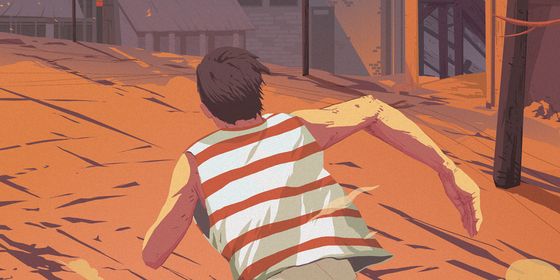Feng Tang’s once-scandalous debut has aged as badly as its adolescent narrator
Writing well about sex has always been a near-impossible task. It is why there are awards for bad sex writing, but not good.
Feng Tang’s Give Me a Girl at Age Eighteen is very much about sex, although there’s not much of it (bar one passing scene out of 266 hormonal pages) and what exists is more likely to make you cringe than smile in scandalous assent.
Instead of bona fide screwing, we get page after page of dreaming, pining, discussing, and philosophizing about sex; detailed wet dreams, endless erections, constant masturbation, and relentless cock talk. The narrator happens to be a teenage boy—all desperate thoughts and little action—in the manner of Philip Roth’s Portnoy’s Complaint, published back in 1969, when such things still had the capacity to shock.
A Beijinger who studied gynecology before working at consultancy firm McKinsey & Company, later emerging as a controversial novelist in the early 2000s, Feng Tang’s success is largely confined to China.
It is only in the last few years, Feng writes, that his fiction has moved from being a “serious hobby” to a full-time gig. He still finds time for consultancy on the side, which he oddly boasts about in his afterword (“I can make twenty thousand for producing a consultancy report, just one A4 sheet of content across a PPT slide.”)
Recently translated into English, Give Me a Girl at Age Eighteen, Feng’s debut novel, is the first of a loose, semi-autobiographical “Beijing trilogy” published between 2000 and 2007. The next installments, Everything Grows and Beijing, Beijing, follow the narrator Qiushui through medical college and the world of finance. The key thrust of the first book, which Feng clearly lays out in the third sentence, is high schooler Qiushui’s obsession with a girl named Zhu Shang, and his unending, unsubtle desire to have sex with her: “The first time I met Zhu Shang I made up my mind: I would do whatever it took to spend my life with her.”
There are other themes and ideas in the book other than Qiushui really, really wanting to sleep with Zhu Shang, but the narrator’s unceasing adolescent horniness is underlined by characters like the Old Lecher King, a ruffian who coaches Qiushui and his gang of teenage boys on picking up women: “In your whole life since you were born, have you ever encountered the kind of girl with the looks, the figure, the attitude, which compels you to get hard, compels you to get it up, compels you to fuck her? It doesn’t matter after that, if your feller gets chopped or shredded, or if they lock you up and throw away the key. You must get hard, you must get it up, you must fuck her.”
No surprise (or spoilers) that, when Qiushui dashes to Zhu Shang’s home seemingly to confess his undying love in the final chapter, it ends in tears: “I pulled down the zip of my trousers to reveal my tumescent penis, smooth and crystalline, like a profanity, like the one thing I wanted to say.”
In interviews, Feng has called sexuality “my trademark.” While it is possible for a novelist to have success through an obsessional relationship with sex—Feng references both Henry Miller and D. H. Lawrence as inspirations—there needs to be something that raises the work beyond juvenilia or smut for meandering smut’s sake.
While similar to the blogger Han Han’s debut 1988: I Want to Talk with the World, which also reads like the work of an undersexed teenager, the book is actually based on an early novella which Feng wrote and confesses to be “very pretentious and immature” but “would serve as useful source material.” Even in the finished novel, though, the quality of the language, humor, and insight rarely rises above the level of a dick joke crudely scrawled on paper and passed to one of Qiushui’s friends in class.
Eighteen does capture something of what it was like to come of age in Beijing as part of a post-70s generation—too young to recall the Cultural Revolution, and caught within an ideological reset of free-market reforms and Westernization. These young adults, Feng among them, were the first in modern China to choose their own careers. But their lives were divided between certain political formalities—stodgy sloganeering and official dictums—and the desire to branch out, go shopping and have sex; and the obligation to study and serve. Qiushui’s class had to sit through Marxism class when all they really wanted was a new pair of Nike high-tops.
“I couldn’t bring myself to go and hear any more about how the inherent contradiction of capitalism lies in the fact that the continual expansion of production implies a proportional contraction in the power of the people,” Qiushui complains, one of a smattering of examples of officialese being used because it was the accepted thing, for irony, or just to get what this unruly generation wants.
Eighteen occasionally provides insights into the conflicts and desires of youth, but any sense of a sociological understanding inevitably gives ways to dull riffs about the role of the penis (or fellas, bollocks, bell ends, geezers, wankers, shags, cocks, stiffies, and arses) in modern teenage life. The book reads like a teenage diary—and much of it probably was a teenage diary—offering no glitter or dazzle, answering no philosophical questions, raising few laughs, and failing to entertain. Just how Feng Tang became one of China’s chief authorities on sex remains a puzzle.
Give Me a Girl at Age Eighteen is a story from our issue, “China Chic.” To read the entire issue, become a subscriber and receive the full magazine. Alternatively, you can purchase the digital version from the App Store.














